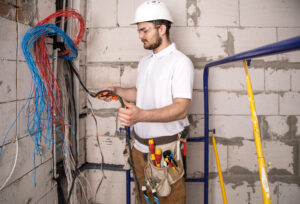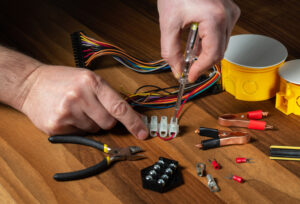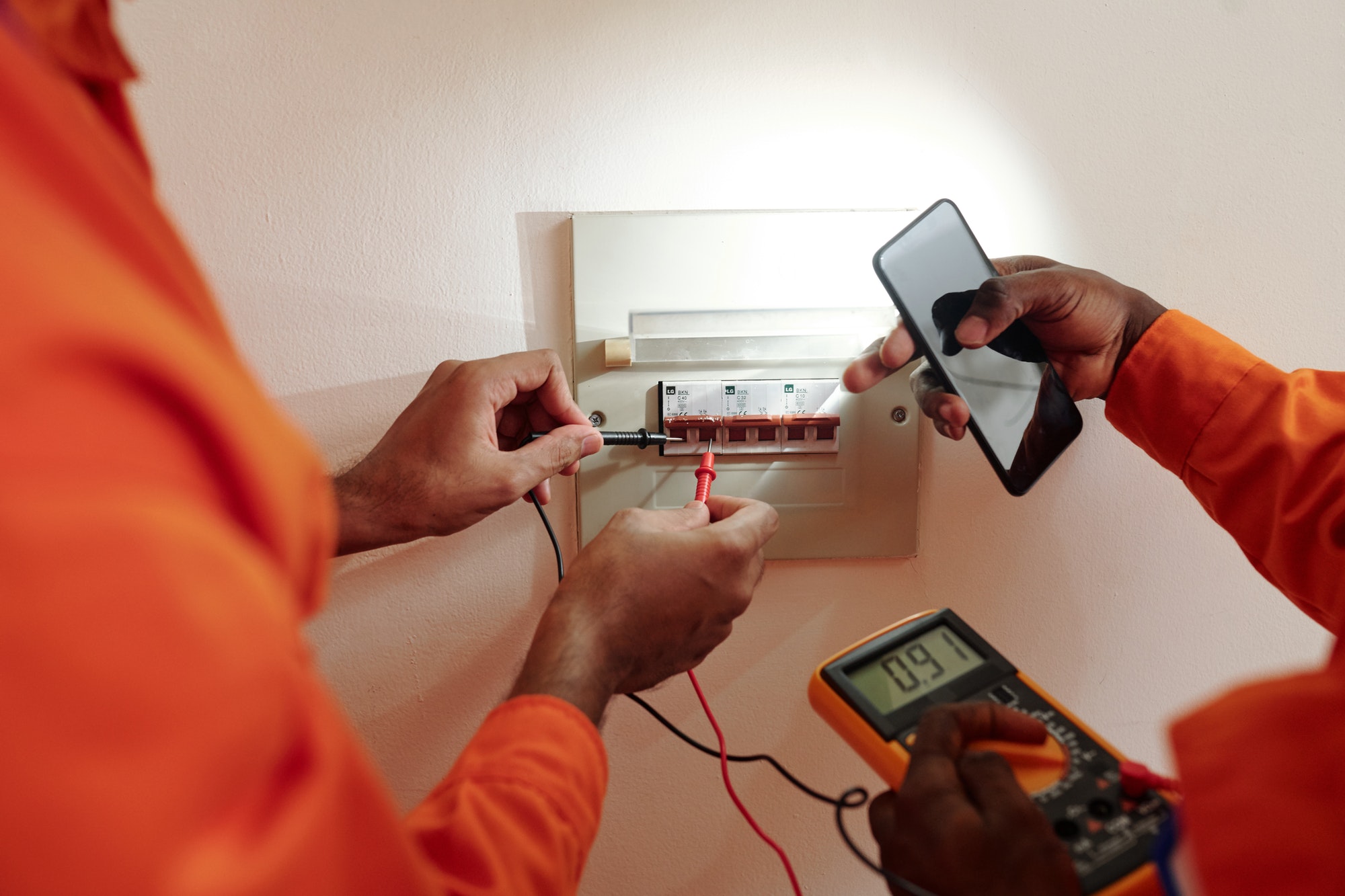An alarm system is a crucial component of your property’s security infrastructure. However, simply installing an alarm system is not enough. Regular maintenance is essential to ensure that the system operates effectively and continues to provide the protection you rely on. Here’s why regular alarm system maintenance is vital and how it helps keep your property safe and secure.
1. Ensuring Optimal Performance
Regular maintenance ensures that all components of your alarm system are functioning correctly. Over time, wear and tear can affect the performance of sensors, cameras, control panels, and other parts.
- Testing Sensors: Regular checks help ensure that motion detectors, door and window sensors, and other components are responsive and correctly calibrated.
- Camera Maintenance: Cleaning and testing surveillance cameras ensure they provide clear and reliable footage.
- Control Panel Check: Ensuring the control panel is working correctly and its software is up-to-date helps maintain system reliability.
2. Preventing False Alarms
False alarms can be disruptive and costly. They can also lead to a “boy who cried wolf” scenario, where actual alarms might be ignored due to frequent false alerts.
- Sensor Calibration: Regular maintenance helps recalibrate sensors to avoid false triggers.
- System Updates: Ensuring that the alarm system’s firmware and software are up-to-date can reduce the likelihood of false alarms caused by outdated technology.
3. Extending System Lifespan
Regular maintenance can extend the lifespan of your alarm system. By addressing minor issues early, you prevent them from developing into significant problems that could shorten the system’s operational life.
- Routine Inspections: Identifying and fixing small issues during regular inspections can prevent costly repairs or replacements down the line.
- Component Care: Proper care and cleaning of system components help maintain their functionality over time.
4. Enhancing Security
A well-maintained alarm system is more reliable and effective in detecting and responding to security breaches.
- Immediate Detection: Regularly serviced sensors and detectors are more likely to detect intrusions promptly, providing immediate alerts.
- Reliable Communication: Ensuring that communication lines (such as phone lines or internet connections) used by the alarm system are secure and functional guarantees timely notifications to monitoring centers or authorities.
5. Compliance with Insurance Requirements
Many insurance companies require proof of regular alarm system maintenance as a condition for providing coverage. Regular maintenance can help you stay compliant with these requirements.
- Insurance Claims: In the event of a security breach, having documented maintenance records can support your insurance claims and demonstrate that you have taken necessary precautions.
6. Cost Savings
Regular maintenance can lead to significant cost savings by preventing expensive repairs and reducing the need for early replacement of system components.
- Preventive Maintenance: Addressing minor issues before they escalate into major problems can save you money on emergency repairs.
- Efficient Operation: A well-maintained system operates more efficiently, potentially lowering energy costs if your system includes components like surveillance cameras or motion-sensor lighting.
7. Peace of Mind
Knowing that your alarm system is regularly maintained and functioning optimally provides peace of mind. You can rest assured that your property is protected and that any potential issues are promptly addressed.
- Routine Checks: Scheduled maintenance visits by professionals ensure that your system is consistently checked and any issues are resolved swiftly.
- Reliable Protection: A well-maintained system ensures that your property remains secure around the clock.
Best Practices for Alarm System Maintenance
To ensure your alarm system remains in top condition, follow these best practices:
- Schedule Regular Inspections:
- Have your alarm system inspected by a professional at least once a year. More frequent inspections may be necessary for high-security environments.
- Test the System Monthly:
- Perform monthly tests to ensure that all components, including sensors, alarms, and cameras, are functioning correctly.
- Replace Batteries:
- Regularly check and replace the batteries in wireless sensors and control panels to prevent system failures.
- Update Software:
- Keep the alarm system’s software and firmware up-to-date to benefit from the latest security features and improvements.
- Clean and Inspect Components:
- Clean cameras, sensors, and other components to prevent dust and debris from affecting their performance.
- Review User Settings:
- Periodically review and update user codes, contact information, and emergency contact details to ensure they are current.
Conclusion
Regular alarm system maintenance is essential for ensuring the safety and security of your property. By keeping your system in optimal condition, you prevent false alarms, extend the system’s lifespan, enhance security, comply with insurance requirements, save costs, and enjoy peace of mind. Adopting a proactive approach to maintenance helps you stay ahead of potential issues and ensures that your alarm system continues to provide reliable protection for your home or business. Make maintenance a priority and safeguard your investment in security.






